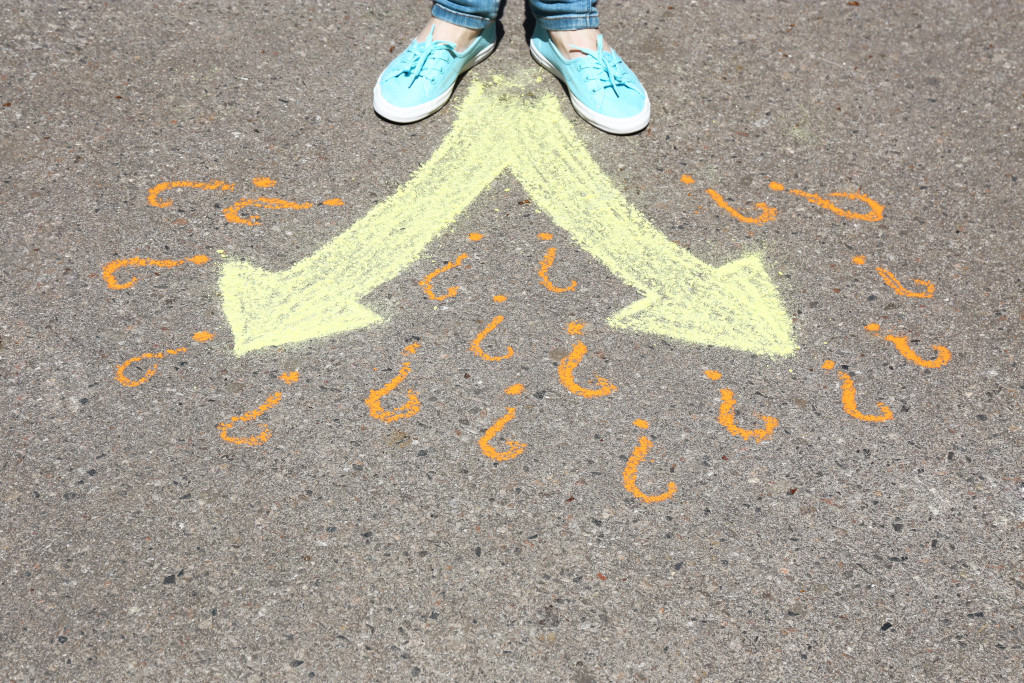Does your ex make you “sick”! That may well be, but making your feelings clear to the child you share could make that child physically or even mentally ill, years and years later, into his adulthood. Would you be surprised to find that the better your relationship with your child’s other parent, the better your child’s long-term health? So dragging your ex’s name through the mud might make you feel better in that moment, but it might also negatively impact your child’s health long into his future. The effect of listening to you, someone whom they love dearly and rely on for all of their needs, going on about how awful his other parent is, the other someone whom they love dearly and whom they also trust to take care of their needs, is that type of ongoing stress that will negatively impact his immune system while he’s still a child.
Adverse Childhood Experiences
- Being a victim of violence, abuse, or neglect at home
- Witnessing violent acts in your home or community
- Living with a family member who attempts or commits suicide
- Living with someone who suffers from substance abuse
- Living with someone who suffers from mental health problems
- Having parents who are separated/divorced
- Having a household member who is incarcerated
Learn more about collaborative divorce. Follow Open Palm Law.
Need advice now? Contact Joryn!

About this week’s author, Joryn Jenkins.
Joryn, attorney and Open Palm Founder, began her own firm here in Tampa after a 14-year career in law, two of which she served as a professor of law at Stetson University. She is a recipient of the prestigious A. Sherman Christensen Award, an honor bestowed in the United States Supreme Court upon those who have provided exceptional leadership in the American Inns of Court Movement. For more information on Joryn’s professional experience, take a look at her resume.













